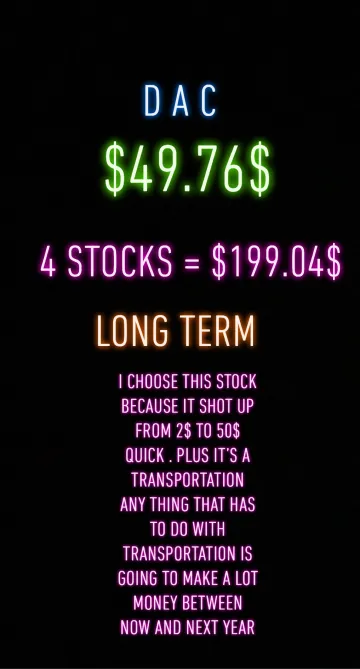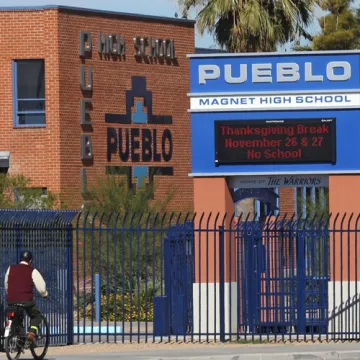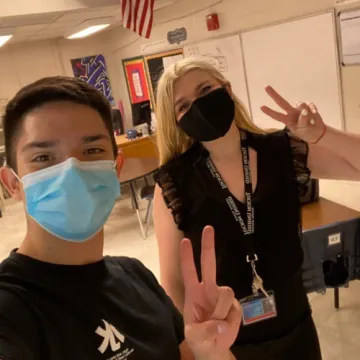The service-learning thesis/capstone is an opportunity for you to apply what you’ve learned in your major/minor to a service-learning setting! Along with your faculty thesis advisor, you will create a plan and goals for your project, connect with organizations in the Tucson community, and write about your experiences.
First, consider ideas for your project that are connected to your program. For example, if you are majoring in Physiology, what types of service-learning exists with a Physiology focus? Having a few rough ideas will help you connect with faculty members at the university, one of whom will need to be your thesis advisor.
In general, an Honors thesis advisor should be a tenure-track faculty member from the department in which you are graduating with Honors. Typically, these folks have the title of Professor, Assistant Professor, or Associate Professor.
However, if your departmental academic advisor approves of it, you may have a thesis advisor who is not tenure-track nor a member of your home department. The only exceptions are that no graduate students, no post-docs, and no staff members (i.e. academic advisors, program coordinators, etc.) can be your thesis advisor under any circumstances.
Because the Honors thesis is a 3 credit experience per semester, you should expect to put in roughly 135 hours of thesis-related work during the semester. This includes meeting with your thesis advisor, actually writing your thesis, conducting research, etc.
SIMILARITIES
While the format of the thesis is up to you and your thesis advisor, every thesis/capstone must have a written component as a part of your submission. This can be: a “traditional” written thesis with chapters/sections; an artist’s statement; a statement of purpose; or whatever else you and your thesis advisor agree to.
Additionally, your thesis/capstone MUST be connected to the program in which you are graduating with Honors. For example, if you are graduating with Honors in Physiology, your thesis/capstone MUST have a Physiology focus.
DIFFERENCES
The primary area in which theses/capstones vary is the purpose of the project. Often, “standard” theses/capstones are research-based and written as “traditional” papers. However, other theses/capstones are performances, films, galleries, and anything in between, and a service-learning thesis/capstone would fall into the “in between.” A service-learning thesis should explain what service-learning is, how it plays a role in the Tucson community, and your reflections on your experiences conducting service-learning.
Example of completed Honors theses/capstones can be found in the UA Repository.
Where Health Care Falls Into the Hierarchy of Needs for Homeless Individuals and Implications for Care by Aishwarya Karlapudi
Reach out to your Honors Academic Advisor! We love talking with students about their thesis/capstone and are eager and ready to help you get started.
You will complete your thesis/capstone during your final two semesters at the university. However, your preparation for the thesis/capstone should start by the beginning of your junior year at the very latest. During this time, you will need to start thinking of ideas and reaching out to potential thesis advisors, so starting early is always a good plan.
Yes! Faculty members with whom you meet can help you narrow down ideas that you have already thought of. While your ideas do not need to be perfect right away, it is still a good idea to have a few initial thoughts so you can start and lead a conversation.
Share Your Story
Name: Brienna Moreland
Major: Mathematics, Honors College alumna Sp '21
How did you select a service-learning project? What gave you the idea?
I first got the idea to focus my thesis on a service-learning project after creating my first lesson plan as part of my education emphasis. I had created a budgeting game for freshman high schoolers at Rincon that closely resembled the game of life. Students had to pick different ways to live based on their careers and incomes. It got me thinking about the more interesting ways math can be taught and presented the importance of teaching high schoolers financial math.
How do you think your project impacted the community?
I think my project impacted the community and especially my students at Pueblo High immensely. These students gained financial knowledge that they might not have received otherwise. A few students went on to buy their first cars, open thier first bank accounts and credit cards, and invest in their first mutual funds and stocks.
What was challenging about your thesis?
COVID presented a lot of challenges for this thesis. I was originally planning to implement the curriculum in Fall of 2020 but had to push it back because of the online formatting. Once I realized that the online teaching wasn't going to go away anytime soon, I had to begin adapting a lot of my lessons to be hybrid and online friendly.
If someone were to start a service-learning thesis, where would they start?
One of the best places to start with service-learning projects is the people around you. When I was first trying to think of a finance related problem to teach students, I asked my friends what they wished they'd learned in high school. When a friend told me that they wished they knew how much life actually cost, I created my budgeting game. Asking friends, families, and community members about problems they are facing will often expose a common issue.
How did you grow from the experience?
I grew so much from this experience. Creating, editing, peer-reviewing, and publishing this curriculum involved a lot of patience from myself, my mentors, and my students. I became a teacher while being a full-time college student during this process. I learned to ask students their opinion and be receptive towards what they want to learn. I also learned how to balance all the different demands in my life. Being a full-time teacher and a full-time student during this time was not easy, but I'm glad to have done it.




